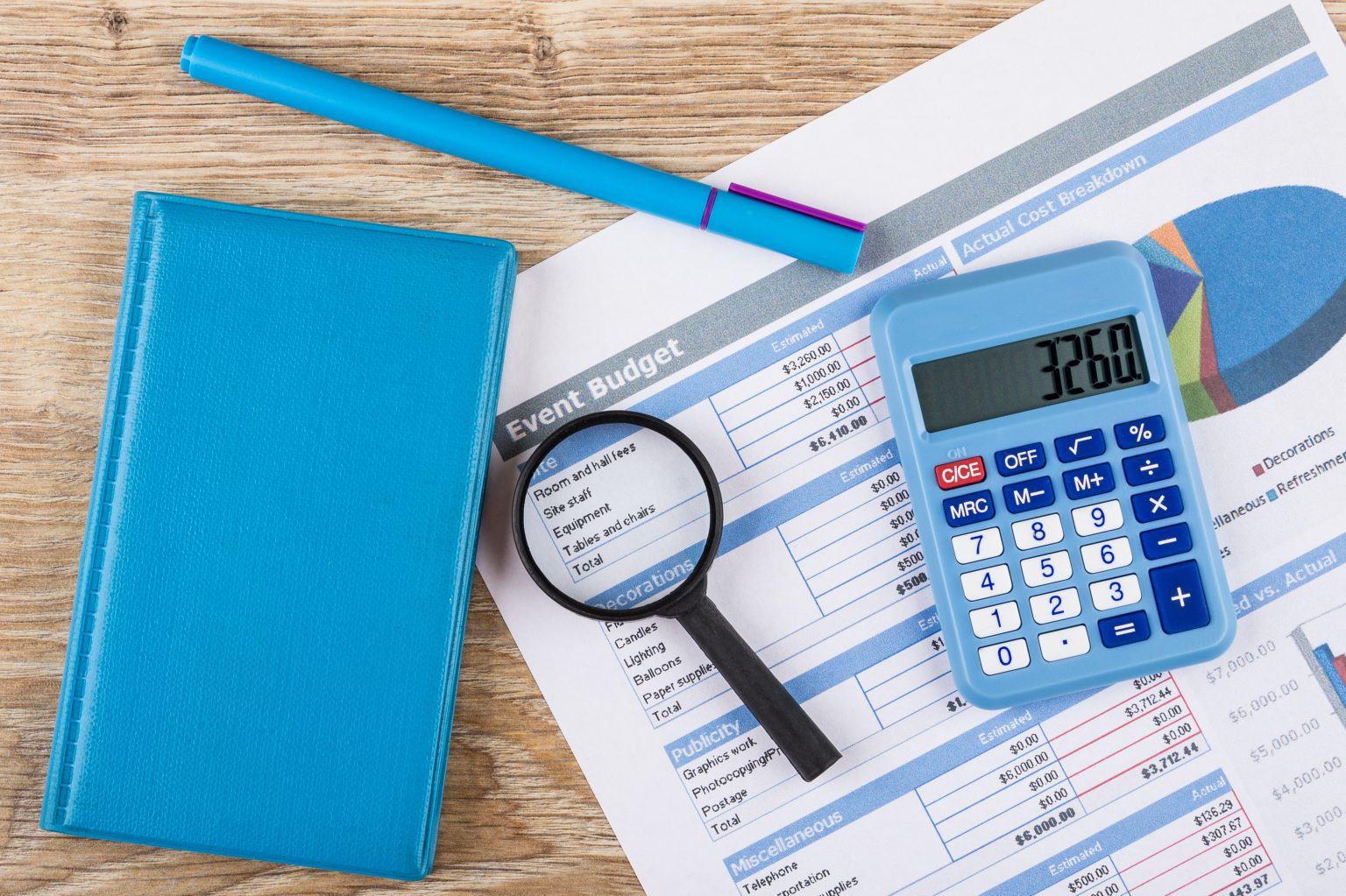Budgeting is one of the least favorite aspects of wedding planning. This process can be tedious and constantly changing and must be carried out accurately to be helpful. As the name implies, budgeting involves the process of estimating and monitoring the wedding expenses incurred and if there might be any additional costs needed as well. Planning a budget for your wedding is essential to avoid overspending and get the services you are looking for.
So, how do you create a budget for your wedding and manage it effectively? This blog post outlines 8 steps for successfully budgeting your event. Let’s get started!
8 Tips for Budgeting Your Event
If you’re seeking assistance in event planning to alleviate the stress, consider contacting Daniel Lay Event Planning Services to ensure a memorable and stress-free experience. Here are 8 tips to help you plan an event without going overboard on your budget:
1. Decide On an Overall Budget
To begin planning your wedding, you must determine how much you can afford to spend. Discuss it with your partner and consider how much you can spend on your big day. Planning a wedding requires an estimate to ensure that expenses are allocated appropriately.
2. Analyse The Past Weddings of Your Friends If You Had Attended Any
If you’ve been to a wedding before or have friends or relatives who recently got married, you can use their event as a source of ideas. Think over what was good and what you need at your wedding. Whether it’s the fabulous venue, drool-worthy food, or magical entertainment, past weddings will teach you a lot as you plan your own big day.
You will still need to research your specific costs because event trends and expenses may have changed since the last similar event you had.
3. Start With an Approximate Cost of Wedding and Then Update
The first step of your budgeting journey is to estimate your wedding cost based on your initial concept. Take into account aspects such as venue, catering, attire, photography, and entertainment. During your planning process, make sure to refine your budget by conducting deep research and getting quotes from different vendors. This continuous process will keep you on the right track and guide you as you settle on the details.
4. Find Out What Specific Expenses You Need to Pay
This is the appropriate time to begin researching the items included in your budget. Using the experiences of past weddings in your close circle, you should have a good list of the items to include. Here are the basics to ensure they are completed:
- Costs associated with on-site services
- The venue
- Staff members for events
- Drinks and food
- Entertainment and speakers
- Merchandise and other handouts
- Security
5. Compare The Prices of Multiple Vendors
You should obtain multiple quotes from different vendors for each cost discussed above. This practice ensures you receive a good deal and gives you the power to negotiate a lower price with vendors. Whether you’re choosing a venue, caterer, florist, photographer, or entertainment provider, obtaining quotes from different vendors will help you find the best value for your money.
A second advantage of multiple quotes is an increased awareness of the available pricing options. A sense of the range of costs can only be obtained by speaking with several vendors. A vendor is the best source of information regarding the area in which they operate. Moreover, they can assist you in determining what you need (and what you do not). If they have great advice on saving on a particular line item, they may even be able to save you money.
6. Identify Budget Categories
A budget category divides the total budget into smaller segments based on each item’s cost and revenue. By allocating funds this way, you will be able to ensure that you have enough money to cover each aspect of your event. The allocation of your event budget can be accomplished in two ways, namely:
- Percentage-based approach: In this method, you allocate a budget based on specific percentages for each item. For example, if you have $35000, you can allocate 20% of the venue expenses.
- Dollar-based approach: In this approach, you assign a fixed amount to different categories from your total budget. For example, out of $35000, you can allocate $10000 to Venu, $5000 to furniture, and many others.
7. Prioritize Your Budget Spending
If you have a limited budget, it’s always better to prioritize it correctly. Whether you’re looking for a breathtaking venue, professional photography, or unforgettable entertainment, prioritize and budget for those items that you cannot do without. By focusing on what is of real significance to you, your wedding will be designed to show your love story and vision.
It is also possible to reverse this process. As soon as you determine the total cost of the event, you can develop sponsorship packages or ticket prices to offset it. This allows you to set clear revenue objectives and control your costs simultaneously.
8. Reserve Some Extra Amount for Emergencies
Anyone who has ever planned an event knows there is always something that needs to be corrected. For example, you may not have flowers on hand on the event day and must visit a florist. Similarly, your audio/visual setup may not be compatible with the venue.
It doesn’t matter what it is; you should keep an emergency fund. You will need to pay extra depending on the size of your wedding and the contingencies you plan to cover. However, it is advisable to include an additional 15-30% of the total budget as an extra precaution.
Conclusion
Planning an event can be overwhelming, so it is essential to establish a budget as soon as possible. As this guide outlines, creating and maintaining your budget can be easier when you work in stages. These tips will assist you in putting together an adequate budget for your event.



